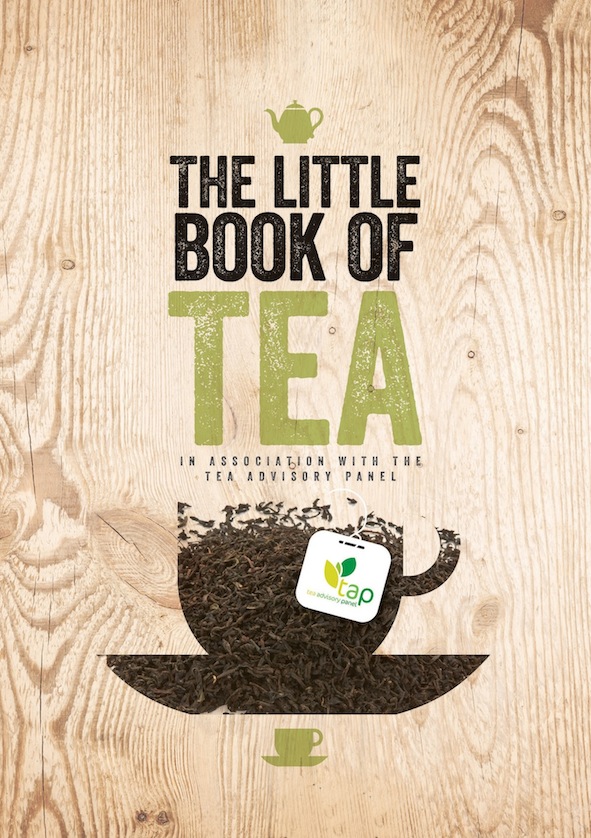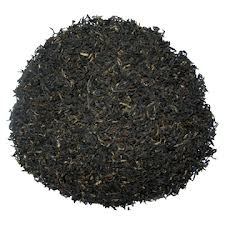A new ‘little book’ has reviewed recent research on tea and its contribution to health. Published by the Tea Advisory Panel (TAP), the ‘Little Book of Tea’ draws together reviews of studies conducted by this expert panel. It also provides additional information about how tea is used in the UK, which is mainly black tea, and offers tips for health and wellness.
Commenting on the ‘Little Book of Tea’, Dr Carrie Ruxton from TAP notes: “An increasing number of studies have linked regular tea drinking – both black and green teas – with benefits for heart health, cancer prevention, oral health and cognitive function. Natural plant compounds, called flavonoids, explain the beneficial impact of tea on health.
“This ‘little book’ highlights key benefits of tea in hydration, heart health, cancer prevention, oral health and cognitive function. It is a common belief that caffeinated drinks, such as tea, may adversely affect body hydration levels and advice is sometimes given in magazines that caffeinated drink consumption should be limited. In the ‘little book’ we explode this myth with evidence from clinical trials showing that drinking up to 6 mugs of tea daily actually has similar hydrating properties to drinking plain water. So, people can reach for a cup of tea whenever they feel thirsty.”

Caffeine, in amounts of 30-400mg a day, equating to one to eight servings of tea daily, also has benefits in terms of physical and mental performance. In these amounts, caffeine is not dehydrating and helps to reduce fatigue. Negative effects of caffeine have been observed in studies looking at high dose caffeine pills, not tea, the new book points out.
Turning to other health benefits, the ‘little book’ says that three or more servings of black tea each day have been shown in research studies to have a positive impact on health, particularly a reduced risk of heart disease. Intakes in the range of one to eight cups each day are linked with health benefits and no adverse events. The publication also points to emerging evidence from a small number of studies linking tea drinking with reduced risk of colon cancer and improved bone health and mental performance.
Benefits of tea in potentially reducing the risk of diabetes are also highlighted with benefit seen in the range of one to four cups each day. Tea could also reduce the risk of stroke, but the number of studies is still small.
Dr Ruxton adds: “Health benefits from drinking tea can be explained by the presence of its major active substances, the flavonoids, plant compounds from the polyphenol family. A further misconception about tea drinking – that milk reduces the availability of the beneficial flavonoids – is also laid to rest in our ‘little book’. Adding milk to tea does not appear to influence bioactivity in the human body in the majority of studies which examines this issue.”
“Green tea often hits the headlines for its benefits but not everyone knows that all teas are in fact derived from the same plant, Camellia sinensis. Perhaps unsurprisingly, given their common origin, black and green teas offer similar health benefits. In fact, both black and green tea have the potential to reduce the risk of dental caries, diabetes, heart disease and possibly cancer. “
In summery, the ‘little book’ demonstrates that drinking around four servings of black tea daily may help to protect against a range of conditions from heart disease to diabetes and dental caries while improving mental health. It also points out that tea is hydrating and intakes in the range of one to eight cups daily is linked with health benefits and no adverse events.


